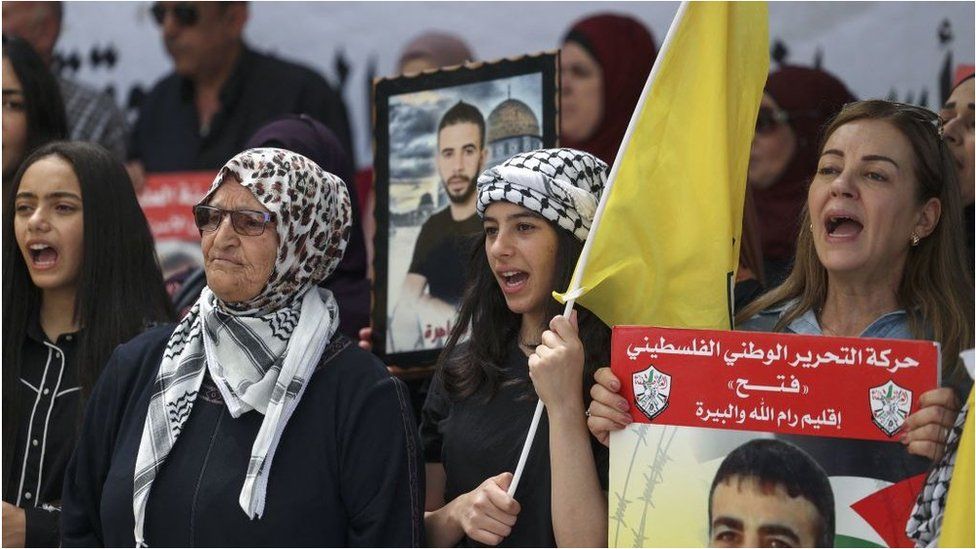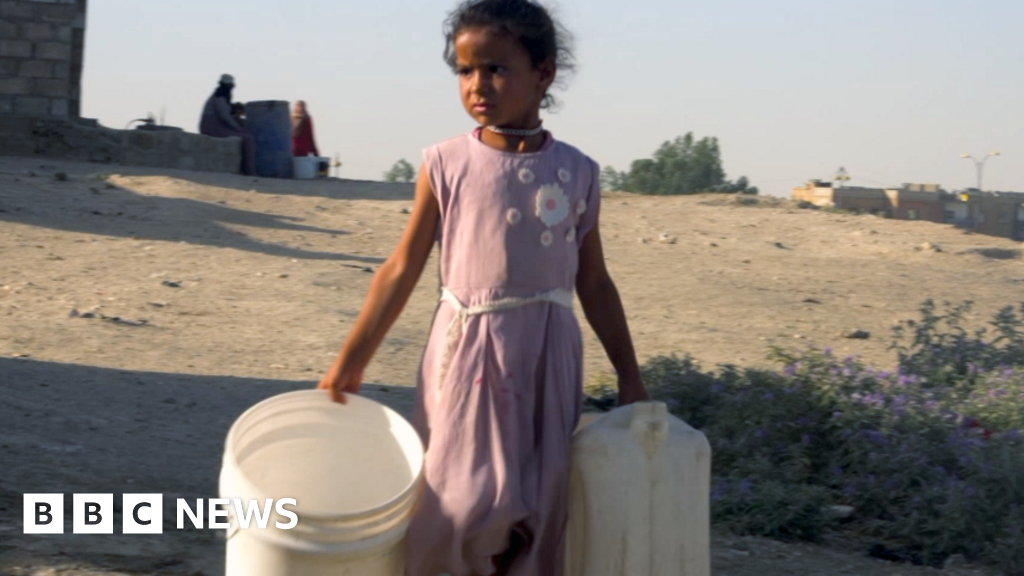ARTICLE AD BOX
By Raffi Berg
BBC News
 Image source, Getty Images
Image source, Getty Images
Prisoners held by Israel is an especially important issue for Palestinians
About 1,000 Palestinian prisoners held by Israel are to go on hunger strike in protest at their conditions, Palestinian media say.
The mass action comes after Israel tightened restrictions in the wake of a dramatic jailbreak by six inmates last September.
On Wednesday, a high-profile prisoner ended a six-month hunger strike after a deal with authorities.
Palestinians consider prisoners held by Israel one of their top issues.
There are some 4,500 Palestinians in Israeli prisons, according to Palestinian officials. About 700 of them are held without charge under what is known as administrative detention.
Israel says the measure is necessary for its security, but civil liberty groups say the practice is a violation of human rights.
The head of the Palestinian Authority's prisoners' committee said a further 1,000 detainees would join the hunger strike if the prisoners' demands were not met.
The official Palestinian news agency, Wafa, said the action was a resumption of a hunger strike postponed in March after an agreement was reached between prisoners and the prison service. It accused the prison service of attempting to backtrack on the deal.
Palestinian prisoners have periodically staged or threatened hunger strikes as a tactic to pressure Israeli authorities to improve their conditions. They say conditions have got worse since six Palestinians were recaptured after tunnelling out of a high-security jail last September and going on the run for nearly two weeks.
The episode was a severe embarrassment for Israeli authorities.
The BBC's Tom Bateman reports on a Palestinian jailbreak that rocked Israel
The planned hunger strike comes a day after administrative detainee Khalil Awawdeh, who had refused food since March, agreed to end his protest against his detention without trial.
Mr Awawdeh, who is accused by Israel of belonging to the militant group Islamic Jihad, said Israel had agreed to release him on 2 October. There was no immediate confirmation by Israel.
The issue of Palestinians held by Israel is one which unites Palestinian society regardless of political differences. Palestinians consider the detainees as political prisoners. Many of them have been convicted by Israel of security crimes, including terrorism and murder.

 2 years ago
47
2 years ago
47








 English (US)
English (US)